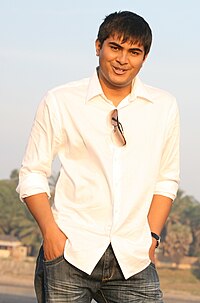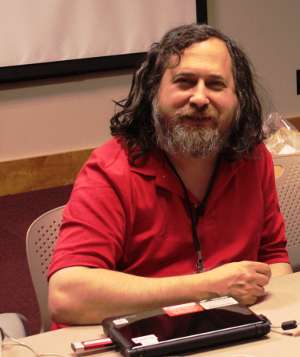Tue 10 Sep 2013
Why hacking is good
Once a friend of mine asked if I could Hack. I asked him what he meant by hacking. Bemused at such a lame question he replied, “Don’t you know what hacking is?”. On insisting he reluctantly explained, “breaking into website or stealing passwords of Facebook, etc”. I was crestfallen at the rampant misconception about hacking.

What people think hacking is
Often we read news of hackers breaking into websites siphoning millions of dollars. Such news not only create pervasive fear of hacking but also glorify such malicious activities. Media portrays hackers as precocious teenagers toying away with their hi-tech gadgets in their basement trying to circumvent securities. Their skills are often calibrated against the damage they can cause. Just google hacking and news of hackers getting convicted of breaching securities grabs the limelight. The most popular method used by such people involves defacing a website for hacktivism which usually involves SQL injecting, Cross Site Scripting (XSS) or Denial of service (DoS). None of the above techniques involves any sophisticated technical skills. Even if some of intrusion involved superior technical skills, it would not be hacking as it is against the hacker’s ethics1.
What hacking really is
Hacking is learning and building constructing things and nothing else. The concept of hacking emanated from MIT in 1960 where the term “hacking” resonated with creativity. Hacks were anything ingenious which may include any piece of code or even a clever prank. Hacker is used to denote a person who follows a spirit of playful cleverness and loves programming2. True hackers are those rare breed of people who are masterful programmers who believe in freedom to access and share knowledge. As Eric Raymond aptly puts it, “There is a community, a shared culture, of expert programmers and networking wizards that traces its history back through decades to the first time-sharing minicomputers and the earliest ARPAnet experiments. The members of this culture originated the term ‘hacker’. Hackers built the Internet. Hackers made the Unix operating system what it is today. Hackers run Usenet. Hackers make the World Wide Web work. If you are part of this culture, if you have contributed to it and other people in it know who you are and call you a hacker, you’re a hacker3”.
What is the difference
| Type | Name | Known For | |
|---|---|---|---|
 |
Media Hacker | Ankit Fadia | Claimed that after the 9/11 attacks, “American investigating agencies” invited him to decode an encrypted message posted by Al-Qaeda. Thought he got much publicity, his claims are refuted here. |
 |
True Hacker | Richard Stallman | Launched GNU Project, founding the Free Software Foundation, developing the GNU Compiler Collection and GNU Emacs, and writing the GNU General Public License |
Conclusion
Convictions of computer crimes, which began as early as 1983 with the case of 4144, caught the attention of the media. Rampant breach of security created panic among general public and intruders called themselves ‘hackers’. These bunch of people, who writes malicious code, are nothing but crackers5. Not only did they rob people of their money but also condemned such a beautiful word as ‘hacker’.
comments powered by Disqus